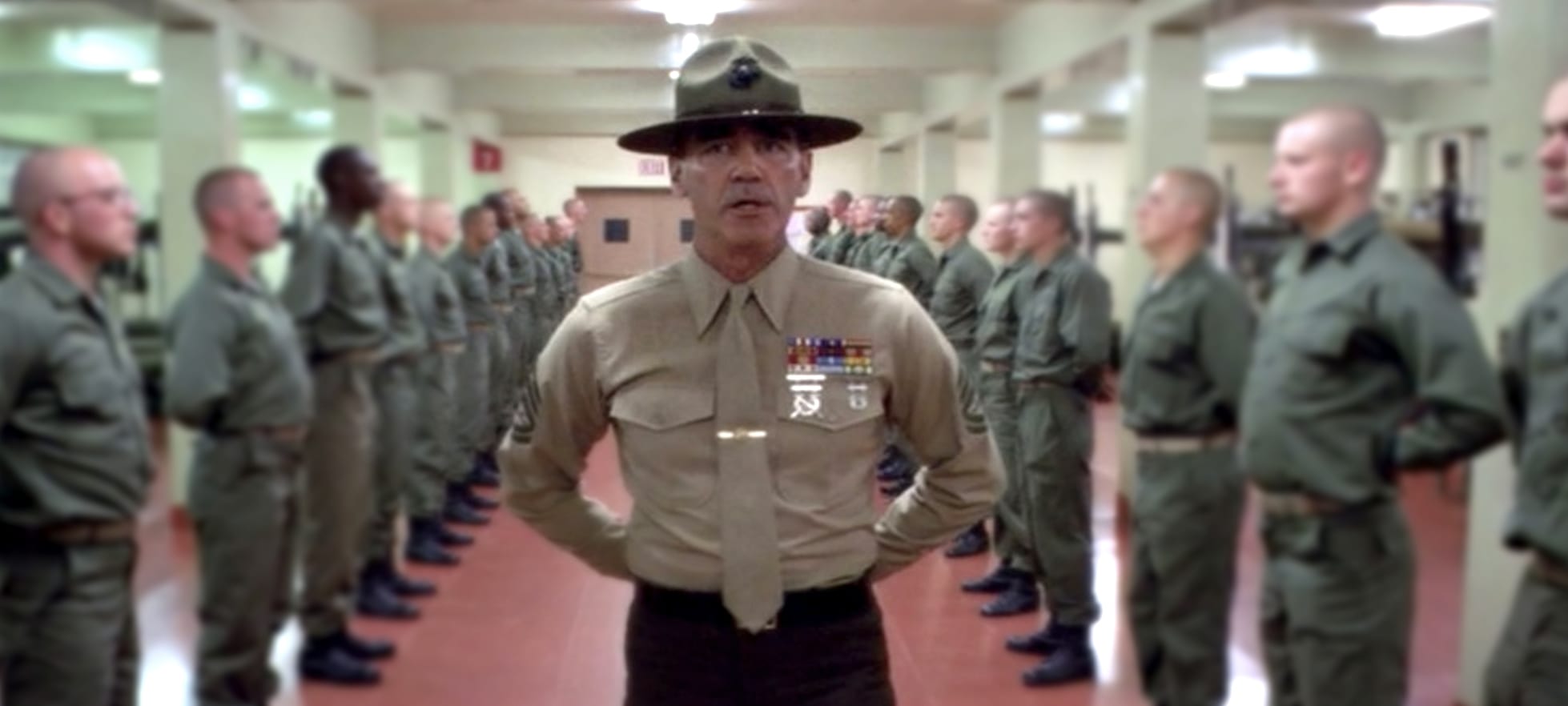These two military veterans had opposite careers.
Angela Salinas’ tenure lasted 39 years. She started as an office worker, left as the first Latina to be a general in the Marine Corps.
J.R. Martinez had barely been in the Army for a half-year, when an explosion put him near death. He would spend almost three years in hospitals, undergo at least 33 surgeries … then go on to be an actor, a motivational speaker and a “Dancing With the Stars” champion.
They’re both part of the vast expanse of American military vets. It’s a sprawling subject, tackled by PBS’ “American Veteran,” at 9 p.m. on four Tuesdays, starting Oct. 26.
Both found themselves transforming, starting with basic training. “It was torture at the time,” Martinez said, “but (it) allowed me to discover a lot of things about myself.
For Salinas, it was the rare chance to be, at first, in an all-female setting. She found “this great camaraderie, because it was all for the common good …. It eliminated any ‘I can’t’s.” When she returned home, she said, her mother literally didn’t recognize her.
Their comments – at a virtual press conference with the Television Critics Association – were upbeat. The documentary, however, also visits the dark side.
Yes, many Marines talk fondly of their time in the Corps. But there have been times of lethal excess; the film points to 1956, when a drill instructor’s orders led to six recruits drowning.
And yes, there was all-woman basic training at first, but harsher times were ahead. Several women talk angrily of the failure to follow up on reports of abuse and rape.
Then there was the gravity of the mission. “Our job was to kill …. All your life, you’re told not to kill,” Herbert Sweat, a Vietnam vet who became a Black Veterans for Social Justice leader, says in the film.
Many of the veterans silently carry memories of horror. On D-Day, Frank DeVita was a 19-year-old Coast Guardsman who lowered the ramp of the landing boat, so men could rush to shore. On the first landing, most of them were killed instantly; his boat made 14 more trips that day.
“He did not speak about that to his wife for 70 years,” said director Leah Williams. “She passed away and she knew he was having nightmares …. He felt compelled after she passed” to talk to his family and to the world. At 94, in 2019, he was one of the key people at D-Day’s 75th-anniversary ceremony.
Like DeVita, Martinez was still a teen-ager when his world changed. Raised in Texas by a single mother, he had sometimes visited her native El Salvador. He saw that American poverty is “very different than poverty in other countries …. I just had this deeper appreciation and gratitude.”
So when his life was “in limbo,” he enlisted in the Army. “It was just this perfect opportunity to give back to the country (and to) see the world and grow, evolve.”
That was cut short by an explosive device in Iraq. He had burns on more than a-third of his body.
Salinas also grew up in Texas, but in different circumstances. Her family, granted land by Spain in 1767, was among the first civilian settlers.
She joined the Marines in the early days of an all-volunteer corps and spent her first years in secretarial mode; then came officer training: “I’m tossed an M16 rifle … and basically told, ‘Now you are going to learn how to be a leader of Marines.’”
She didn’t reach combat, but was often at the seat of power – Pentagon, Quantico and Parris Island, where countless recruits have been molded.
Rodriquez recalls being punished often at his Army boot camp. Once, the entire platoon did push-ups because he had ruined a photo by smiling. “Push-ups was a skill that I developed that I did not know that I wanted to develop.”
– “American Veteran,” 9 p.m. Tuesdays, PBS.
– Narrators, all veterans, are Drew Carey, Oct. 26; Sen. Tammy Duckworth, Nov. 2; Wes Studi, Nov. 9; J.R. Martinez, Nov. 16.
